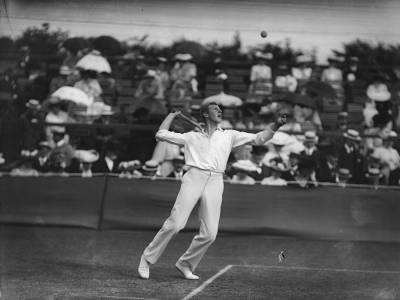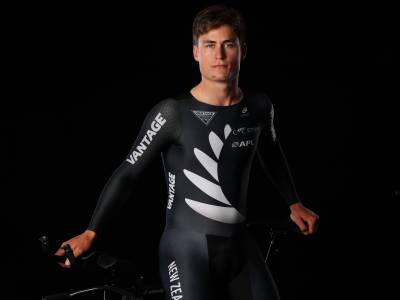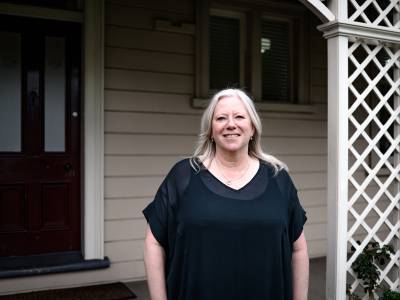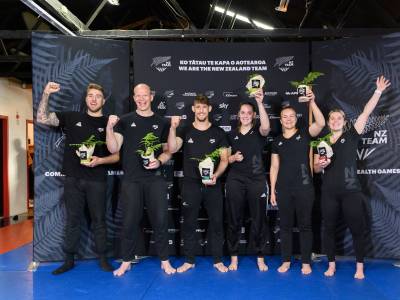Equestrian involves three disciplines - eventing, jumping and dressage.
In this sport, the horse is considered as much an athlete as the rider. Like any other sport, only exceptional horses (in combination with extraordinary riders) make it to the level required to be successful at the Olympics, and immeasurable amounts of time are spent in training an animal to that point.
OLYMPIC COMPETITION
The Dressage discipline consists of a team event and an individual event. A team consists of three (3) athlete/horse combinations. All athletes compete in the Grand Prix Test in six (6) groups of three (3), in which the scores of the athletes count. The top two (2) from each group and then he next six (6) highest scores qualify for the individual final (Grand Prix Freestyle).
The Grand Prix Test is the qualifier and the Grand Prix Special (top 8 teams) as the team final, while the individual event includes the Grand Prix Test as the qualifier and the Grand Prix Freestyle (also known as the Kur) as the final.
Judging dressage is where a percentage is converted to penalty points for certain movements conducted in the walk, trot and canter.
Dressage should be flowing and free, as well as aesthetically beautiful. It should demonstrate the strength of the horse, as well as the purity of its movement and its obedience and expression.
Riders are marked between 0 and 10 (10 being excellent) on each movement by a panel of judges. On entering the arena, riders will salute the judges before starting their test, and will salute them again at the end.
Riders in the Dressage competition need to be 16 years old, with horses 8 years old or over.
The Grand Prix Test: The rider must lead the horse through pre-determined movements. Teams are wanting to qualify for the following round, while riders also look to progress in the individual competition.
The Grand Prix Freestyle: Combinations perform their own composition to music of their choice. The Grand Prix Freestyle determines the medalists in the individual event.
The Grand Prix Special: The rider must again lead the horse through pre-determined movements. This phase determines the winners of the team event (by adding together their points from the first two competitions).
NZ MEDALS
New Zealand has not yet obtained an Olympic Medal in Dressage.
TOTAL NZ EQUESTRIAN MEDALS (All Eventing Medals):
GOLD (3)
1984 Los Angeles - Individual (Mark Todd)
1988 Seoul - Individual (Mark Todd)
1996 Atlanta - Individual (Blyth Tait)
SILVER (2)
1992 Barcelona -Team (Andrew Nicholson, Blyth Tait, Vicky Latta)
1996 Atlanta -Individual (Sally Clark)
BRONZE (5)
1988 Seoul - Team (Tinks Pottinger, Mark Todd, Andrew Bennie, Margs Carline)
1992 Barcelona -Individual (Blyth Tait)
1996 Atlanta - Team (Vaughn Jefferis, Andrew Nicholson, Blyth Tait, Vicky Latta)
2000 Sydney - Individual (Mark Todd)
2012 London - Team (Jonelle Richards, Caroline Powell, Mark Todd, Andrew Nicholson, Jock Paget)
DRESSAGE terminology
Change of leg - This is usually performed at a canter when a horse changes their lead leg from one to the other.
Flying change - As above.
Passage - An elevated trot.
Piaffe - A highly-collected condensed trot done on the spot.
Counter canter - Cantering on the lead opposing the direction of the horse.
Shoulder In - The horse should be slightly bent around the rider’s inside leg.
General Terms
Fault - Penalty points gathered by knocking a rail off the cups or exceeding the time allowed on a course.
Walk, trot, canter and gallop - The pace of the horse from slowest to fastest.
Tweet Share
Equestrian - Dressage Games History
-
Olympic Summer Games Tokyo 2020
-
Olympic Summer Games Rio 2016
-
Olympic Summer Games London 2012
-
Olympic Summer Youth Games Singapore 2010
-
Australian Youth Olympic Festival Australian Youth Olympic Festival 2009
1 -
Australian Youth Olympic Festival Sydney Youth Games 2005
2 1 1 -
Olympic Summer Games Athens 2004
-
Olympic Summer Games Sydney 2000











